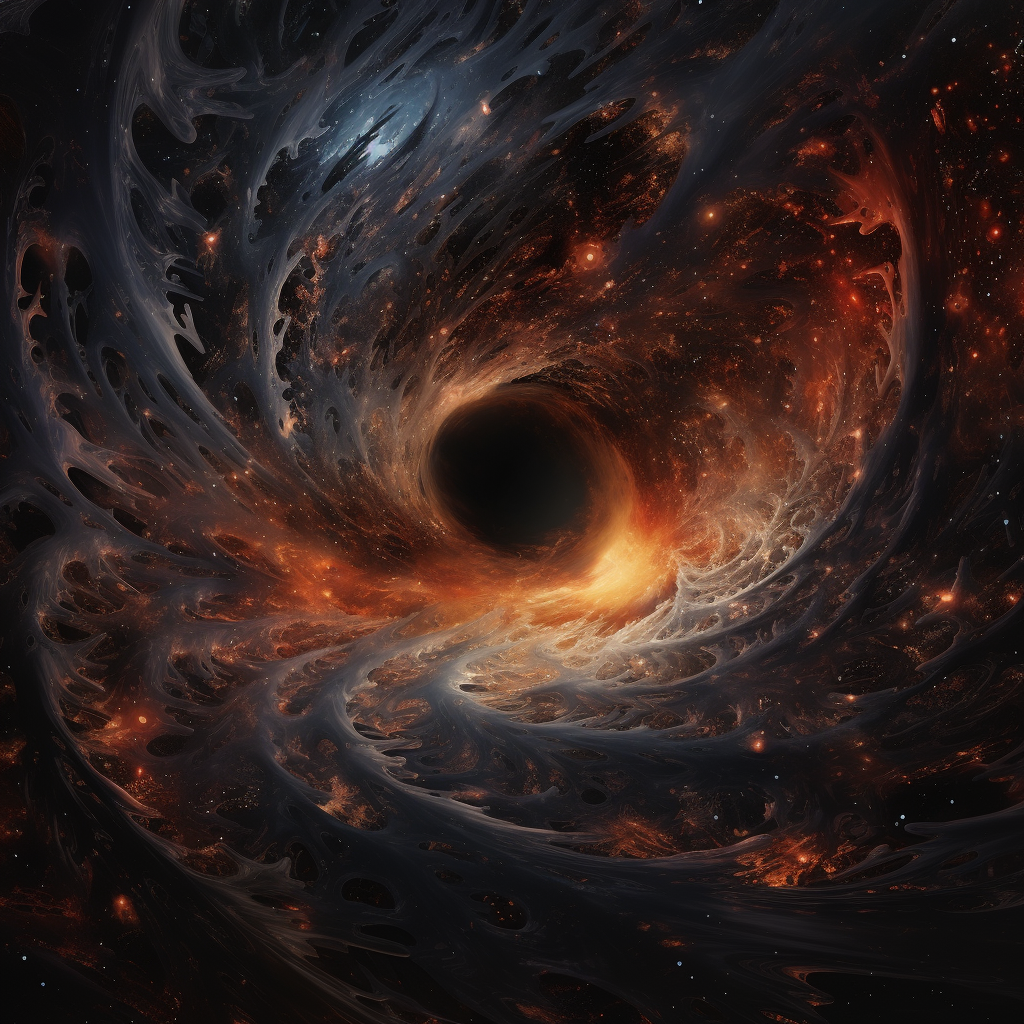Lists and Curiosities
Cosmic Mysteries: 9 Unexplained Phenomena from Outer Space That Intrigue Us All
Explore the captivating realm of cosmic mysteries in "Cosmic Mysteries: 9 Unexplained Phenomena from Outer Space That Intrigue Us All."
Advertisement
The vast and mysterious universe has been the subject of study by man for hundreds and thousands of years, generating fascination and curiosity in all of us. As we explore the universe, we are confronted with many unexplained phenomena that challenge our current scientific knowledge.

Despite the countless discoveries over the last few decades, one thing is for sure: physicists and astronomers are nowhere near discovering all the secrets it holds. Through the exploration of these enigmas, we are reminded that the universe still holds deep secrets and that our understanding of space continues to evolve.
With that in mind, let’s explore the exciting and unexplained cosmic mysteries in this article, presenting 9 intriguing phenomena that continue to stir our imaginations.
Join us on this incredible journey through the cosmos and marvel at the wonders, vastness, and complexity of the universe.
Recommended content
Dark Matter
Dark matter is a mysterious substance that comprises a significant portion of the universe, accounting for about 85% of its total mass. Its existence is inferred from its gravitational effects on visible matter and the structure of the universe. Despite decades of study, the exact nature of dark matter remains elusive, leaving scientists intrigued and searching for answers.
Get notified of high-paying job opportunities directly in your inbox
You will be redirected to another website
Black Holes
These celestial objects possess an intense gravitational pull that nothing, not even light, can escape from. While we have made significant strides in understanding black holes, their internal structure and the mechanisms behind their powerful jets of energy are still not fully understood.

Cosmic Microwave Background Radiation
The remnants of the Big Bang, this faint radiation permeates the entire universe. Studying its properties provides insights into the early stages of our universe’s formation, but the exact origin and certain anomalies within the radiation puzzle scientists.
Pulsars
These rapidly rotating neutron stars emit precise beams of radiation, resembling cosmic lighthouses. While the general mechanisms behind their formation are known, the specific details that allow them to emit such regular and precise pulses of radiation remain a mystery.
Fast Radio Bursts (FRBs)
Fast Radio Bursts (FRBs) are intense and brief bursts of radio waves that originate from deep space. They last only milliseconds but release an enormous amount of energy, equivalent to the output of hundreds of millions of suns.
First discovered in 2007, FRBs have since been detected sporadically, and their origins continue to puzzle scientists. The origins of FRBs are still unknown, with theories ranging from powerful cosmic events to extraterrestrial intelligence.

The Art of Deception: 7 Incredible Optical Illusio
Prepare to have your perception challenged and be amazed by the power of visual deception in this mind-blowing article.
Cosmic Rays
Cosmic rays are high-energy particles that originate from outer space and travel at nearly the speed of light. They consist of protons, electrons, and atomic nuclei, with some particles having energies millions or even billions of times greater than those achievable in particle accelerators on Earth.
Although much progress has been made in unraveling the mysteries of cosmic rays, many questions remain. Scientists continue to investigate their origins, acceleration mechanisms, and the role they play in the evolution of galaxies and the universe as a whole.
Exoplanets
The discovery of thousands of planets outside our solar system has revolutionized our understanding of the cosmos. However, the prevalence of Earth-like planets and the existence of extraterrestrial life are questions that continue to intrigue scientists and captivate the public.
Galactic Cannibalism
Galactic Cannibalism refers to the process in which galaxies merge and consume one another. It is a fascinating phenomenon that plays a significant role in shaping the structure and evolution of galaxies throughout the universe.
By unraveling the mechanisms behind galactic cannibalism, scientists can better understand the intricate processes that shape galaxies, the distribution of dark matter, and the growth of supermassive black holes. It is an ongoing field of study that continues to reveal the secrets of the universe and our place within it.
The Great Attractor
In a region of space over 200 million light-years away, an unseen gravitational anomaly known as the Great Attractor influences the motion of galaxies in our cosmic neighborhood. Its exact nature and the forces driving it remain an enigma, fueling speculation and scientific curiosity.
Trending Topics

First National Bank Personal Loans full review!
First National Bank is one of the oldest and most respected banks in the country, and also sets loans with good rates and ammounts!
Keep Reading
WinCo worker review – $32,411 per year for entry-level positions!
WinCo is a company that offers a fair payment alongside a good benefits package. Learn more about how it works!
Keep Reading
The Elon Musk-Twitter drama: understand it here!
One of the most controversial situations in the business world is explained. Understand the Elon Musk-Twitter drama in a nutshell.
Keep ReadingYou may also like

The most influential Car Models in History!
If you want to understand more about cars, this list is a pivotal stone to understanding the world that drives today!
Keep Reading
Trader Joe’s worker review – $34,722 as an average salary!
Trader's Joe is an amazng place to work, if you consider its benefits, good salary, and an amazing workplace culture!
Keep Reading
Applying at Kohl’s – $30,490 per year on average!
If you want to learn more about the application process at Kohl's, make sure to check out our article for further information!
Keep Reading